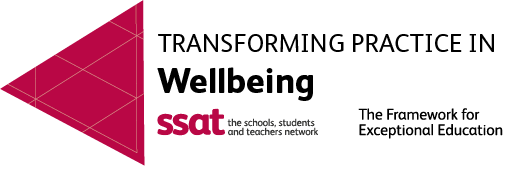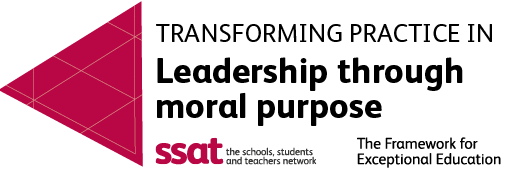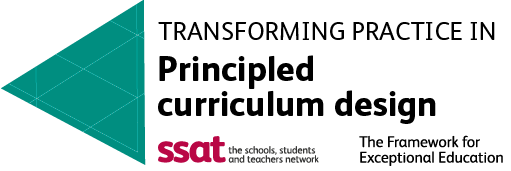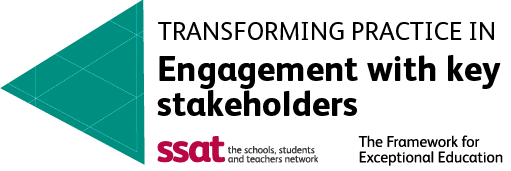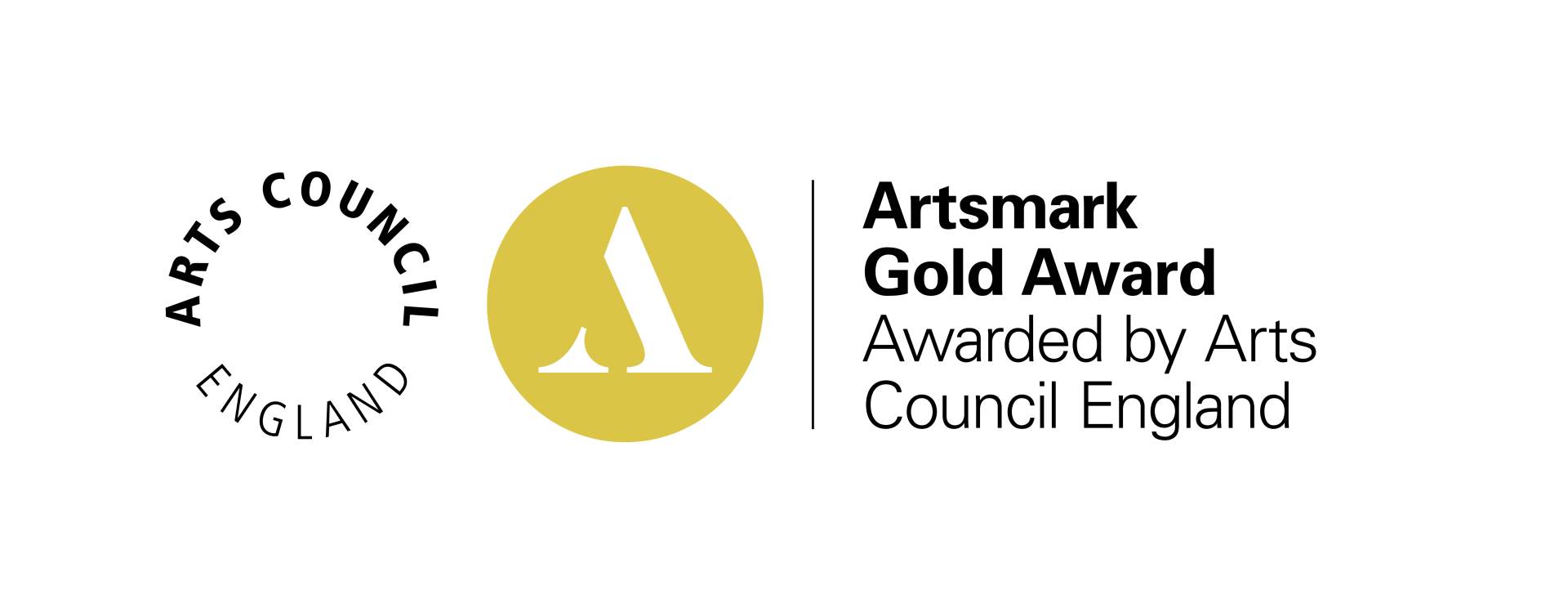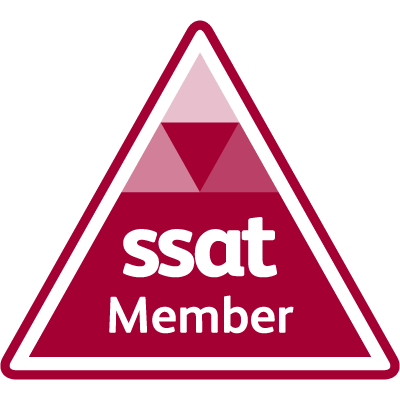{SECTION_MENU}
Computer Science (A Level)
Course Specification |
|
Subject Specific Entry Requirements |
Grade 5 in Mathematics; Grade 6 in Computer Science. APS* of 6 or above. * Your APS (Average Points Score) is the average of the GCSE points you achieve across your best 8 subjects including English Language and Maths. |
Costs Associated with this Course |
We expect all students to purchase a revision guide (£19.99). Students will require access to a Desktop Computer or Laptop at home for the duration of the course. |
Introduction
Computer Science is a part of everything we do and it enables you to solve complex and challenging problems. Computer Science opens doors to many lucrative careers, even if your primary career is something else, expertise in Computer Science will help you.
Is it for me?
You should enjoy working with computers and have plenty of programming experience. This course is suitable for students who are keen to understand how things work. The emphasis is on computational thinking, which is about developing logical skills needed to solve problems, and write code. You will need a systematic and logical approach to problem solving, together with a numerical competence. Computer Science is an exciting and challenging field and it is constantly evolving.
What will I study and how will I be assessed?
Paper 1: Computer Systems
Written Examination, worth 40% of the A-Level, 2 hours 30 minutes long.
Topics include:
- Components of a Computer and their uses (e.g., CPU, input/output devices, storage).
- Types of Software and the development of software.
- Software and Operating Systems.
- Exchanging Data (networking, data transmission).
- Data Types, Data Structures, and Algorithms.
Paper 2: Algorithms and Programming
Written Examination, worth 40% of the A-Level, 2 hours 30 minutes long.
Topics include:
- Elements of Computational Thinking.
- Problem Solving and Programming Techniques.
- Algorithms and how they can be used to describe and solve problems.
- The exam also includes questions related to programming skills and understanding algorithms.
Non-Exam Assessment (NEA): Programming Project
Worth 20% of the A-Level. You will choose a project to design, develop, and test a solution to a problem. This is a practical application of the programming and problem-solving skills you have gained during the course.The NEA involves:
- Analysis of the Problem.
- Design of the Solution.
- Development of the Solution using a programming language.
- Testing and Evaluation
How will this course support my future plans?
Computer Science is a very useful subject to consider if you are interested in pursuing a career as a computer programmer, hardware engineer, network engineer, systems analyst, database administrator or webmaster to name but a few. The computing industry is constantly developing and the rate of change is increasingly rapid. Such is the pace of change that it is impossible to predict future developments in job terms but it seems clear that there will be increasing career opportunities within the field of computing and IT.
Computer Science is recognised by the Russell Group of Universities as a facilitating subject, studying it could help you gain entry onto one of the following courses: Aeronautical Engineering, Biochemistry, Biology, Chemical Engineering, Chemistry, Civil Engineering, Electrical / Electronic Engineering, Mathematics, Mechanical Engineering, Physics, Optometry and Pharmacy.



 Safeguarding
Information
Safeguarding
Information Arbor
Arbor